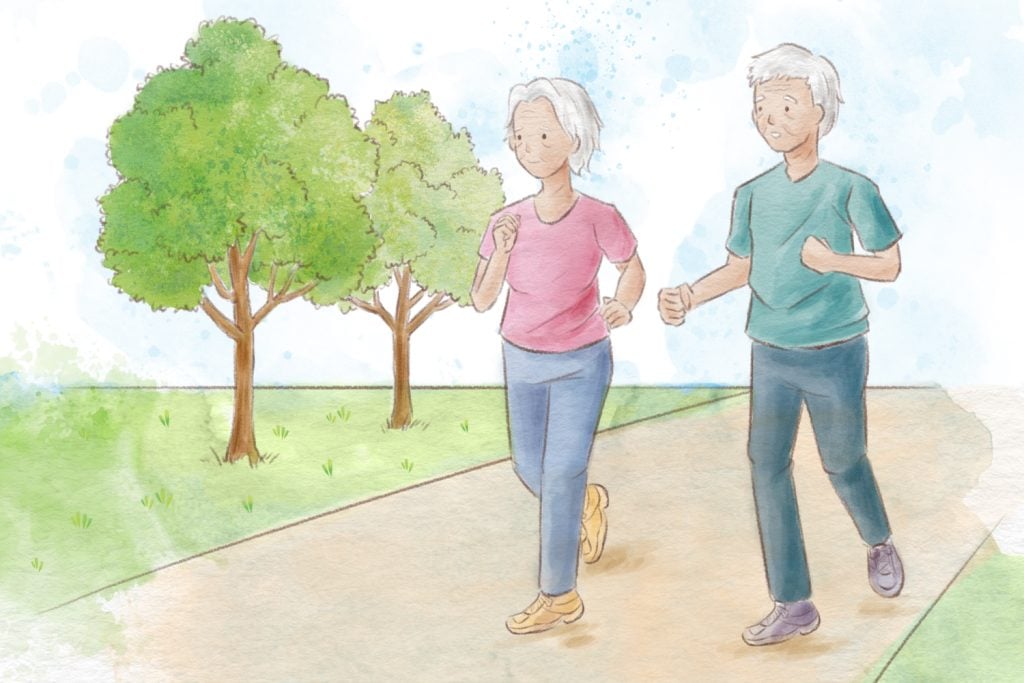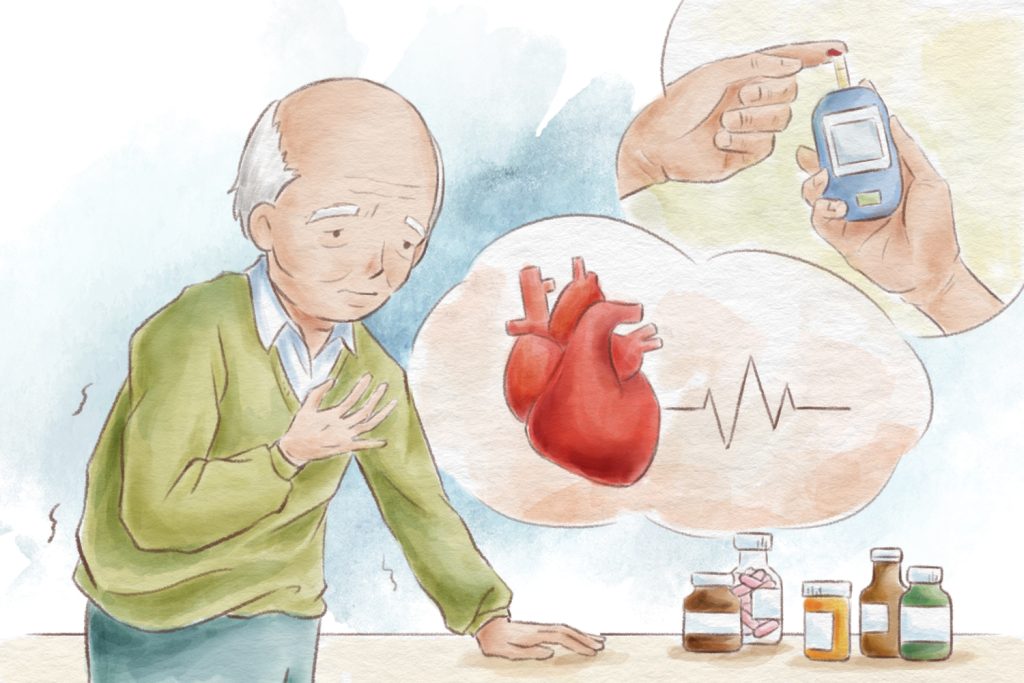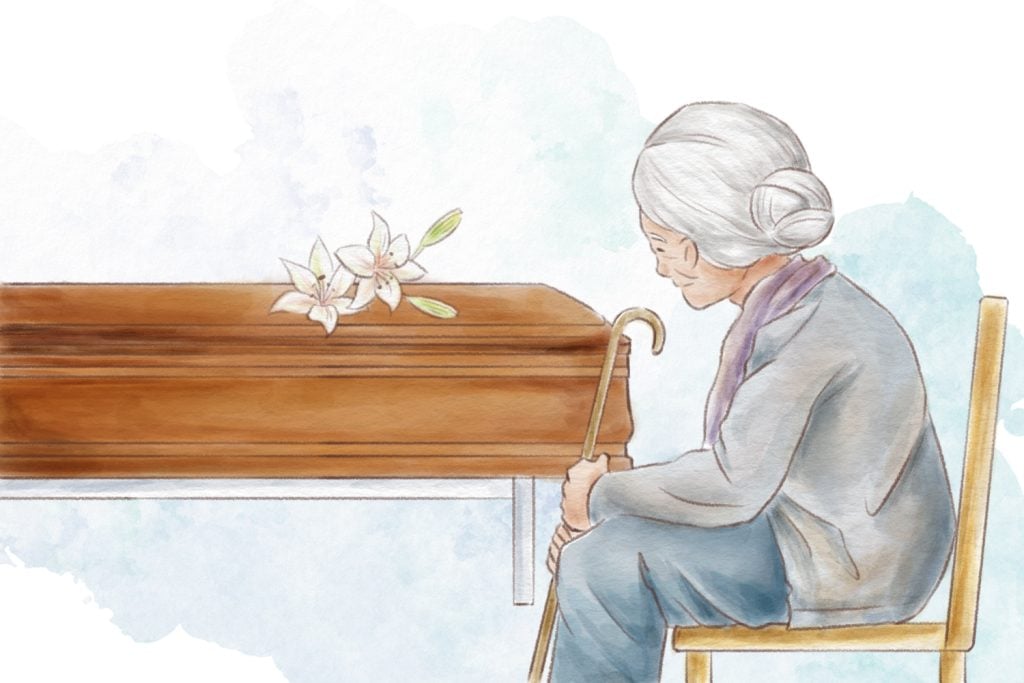WHY IS IT IMPORTANT TO HAVE GOOD MENTAL HEALTH IN LATER STAGES OF LIFE?
Having good mental health is crucial in the later stages of life as it directly impacts the overall well-being and quality of life for seniors. As we age, facing various life changes, such as retirement, the loss of loved ones, and declining physical health, can be challenging. Maintaining good mental health is essential for coping effectively with these transitions. Positive mental health in seniors also fosters a sense of purpose and meaning, enabling them to stay engaged in social activities, pursue hobbies, and lead a more fulfilling life overall. Having good mental health also enhances cognitive function, memory, and decision-making abilities, promoting independence and reducing the risk of cognitive decline. By nurturing good mental health in later life, seniors can lead more vibrant and satisfying lives, cherishing their golden years to the fullest

WHAT ARE SOME LIFE EVENTS THAT MAY AFFECT THE MENTAL HEALTH OF SENIORS?

Misanthropy due to chronic illnesses: Chronic illnesses, such as arthritis, diabetes, or heart disease, are prevalent in older adults and can lead to pain, discomfort, and limitations in daily activities. Coping with persistent health challenges can cause frustration and feelings of helplessness, leading to misanthropy, where seniors may withdraw from social interactions and develop a negative outlook towards others.
Bereavement: They may experience the loss of close friends, siblings, or a lifelong partner. Coping with bereavement can be emotionally taxing and may lead to feelings of grief, sadness, and loneliness. An elderly person losing their spouse of many years may feel profound loneliness and struggle to adapt to life without their partner’s companionship.


Loneliness: Loneliness is a common issue among older adults, especially for those living alone or without close family nearby. They may feel isolated and disconnected from the world. A lack of meaningful social connections can negatively impact mental health, leading to depression and anxiety. For example, an elderly individual living alone with no family nearby, affecting their overall mood and mental well-being.
Family issues: As the world becomes more interconnected, family members may emigrate to other countries. This may lead to feelings of abandonment for seniors, affecting their mental health. An elderly grandparent whose children and grandchildren have moved abroad may feel a deep sense of loss and sadness due to the physical distance between them.
In conclusion, understanding the common scenarios that may affect the mental health of seniors is crucial in providing appropriate support and care. Encouraging social interactions, maintaining regular communication with family, and seeking professional help when needed are essential steps in ensuring the mental health of our seniors is prioritized and nurtured.
ARE ELDERLY INDIVIDUALS AT RISK OF DEVELOPING MENTAL HEALTH PROBLEMS IF THEY NEGLECT OR DO NOT ADDRESS THEIR NEGATIVE EMOTIONS?
Elderly individuals are at risk of developing serious mental health problems if they neglect or do not address their negative emotions. They may encounter various life changes and challenges that can evoke negative emotions like grief, loneliness, and stress. Ignoring or suppressing these emotions can have significant consequences on their mental well-being.
One of the primary concerns is the potential development of depression. Neglected negative emotions can build up over time, leading to a persistent feeling of sadness and hopelessness. Depression in the elderly is a serious condition that can severely impact their quality of life, affecting their ability to engage in daily activities, maintain relationships, and find joy in life.
Moreover, unaddressed negative emotions can contribute to increased anxiety levels. Elderly individuals may worry excessively about the future, their health, or financial security. Chronic anxiety can lead to physical health problems and further exacerbate mental health issues.
Furthermore, unaddressed negative emotions can impact cognitive function and memory. Chronic stress and anxiety have been linked to cognitive decline and an increased risk of developing conditions like Alzheimer’s disease and dementia.
Below are several things we can do to support the mental health of our seniors:
Encourage social connections: Encourage elderly individuals to participate in regular social interactions with family, friends, and the community can help combat loneliness and isolation.
Educate on mental health: Promote awareness and understanding of mental health among elderly individuals, their families, and caregivers. Reduce stigma surrounding mental health issues to encourage seeking help when needed.
Implement cognitive stimulation: Engage seniors in mentally stimulating activities, such as puzzles, reading, or learning new skills. Mental exercises can improve cognitive function and promote positive mental health.
Promote physical activity: Regular exercise has numerous mental health benefits. Encourage seniors to engage in activities suitable for their abilities, such as walking, yoga, or gentle stretching exercises, to boost mood and reduce stress.
Maintain a healthy diet: Encourage a balanced and nutritious diet, as it can influence both physical and mental well-being. Hydration is also essential for cognitive function.
Establish routines: Consistent daily routines can provide stability and reduce anxiety for elderly individuals, especially those with dementia or cognitive impairments.
Provide emotional support: Listen actively and validate the feelings of elderly individuals. Create a safe and non-judgmental space for them to express their emotions and concerns.
Offer professional help: If elderly individuals show signs of depression, anxiety, or other mental health concerns, encourage them to seek help from mental health professionals.

